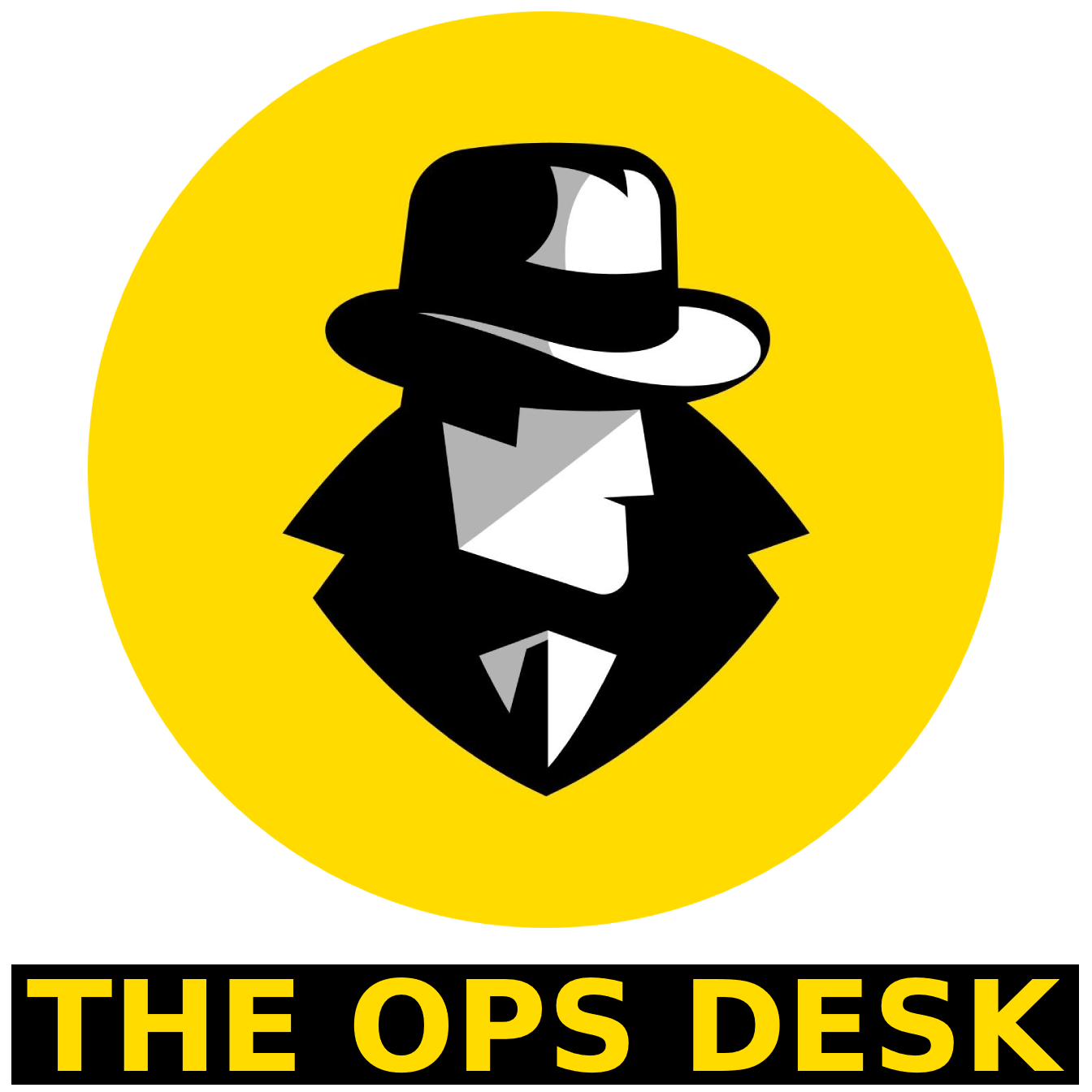Our Weekly Entertainment Dispatch
An in depth look at Central Intelligence
Legacy of Ashes: The history of the CIA by Tim Weiner (2008)
A few weeks ago, Weekend Buff reviewed Enemies: A History of the FBI by this same author. It, quite frankly, scared the crap out of us. It was such a disturbing yet compelling read that we wanted to check Tim Weiner’s more well-known work on the CIA, Legacy of Ashes.
In this book, Weiner turns his journalistic light towards the deep, dark recesses of the Central Intelligence Agency. The amount of research and knowledge that goes into this narrative is remarkable. The story that he relays is nothing short of disturbing. His FBI book was like watching a horror movie. Unfortunately this tale might be scarier.

Weiner starts his story with the precursor to the CIA, The Office of Strategic Services. This agency was spun up by “Wild Bill” Donovan as the Second World War was underway. Right from the start, the OSS was a morass of mismanagement. Blunders and mission creep lead to the deaths of numerous operatives with very little to show for it. The overall vibe of the OSS was one of whacky ideas and poor management.
After the war, Truman had a misguided glimmer of hope that everything would return to pre-war conditions. He abolished the OSS. That hope lasted about 5 minutes as he realized the Soviets were cleaning our clocks and stealing national secrets at will. Thus, the birth of the CIA.
Weiner portrays the CIA as dysfunctional just like its predecessor. Confusion as to the mission and a lack of experience hurt the agency in its early days. There were no spymasters in the United States. They cribbed methods from the British, but the Brits were heavily infiltrated by the Soviets. And almost immediately, so was the CIA. Things appear to have gone downhill from there.
The book is filled with errors, compromises, incompetency, and perhaps worst of all, political machinations. The agency appeared fail at every turn from hiring the wrong people (ivy leaguers with no language skills don’t make good spies), mismanagement (the agency had an institutional drinking problem), counterespionage (constant leaks and double agents), and an ever morphing and unclear mission.

Often the Agency could not gather good information, so they turned to payoffs and insurgency operations. They also let political desires completely overtake their intelligence analysis operations. Time after time the agency said what the president or the director wanted to hear and ignored internal sources that had good insights. In addition, they often simply had no idea and gave presidents advice based on expediency and self-preservation.
The CIA famously misread and misreported the fall of the Soviet Union. After 40 years of trying, they still couldn’t get a good source inside the Kremlin. George Bush, the former CIA Director, and President at the time, even remarked that CNN had better info than the CIA. That is the tip of the iceberg. This book is full of intelligence failures and sheer negligence.
The real alarming moments of this book come with the operations side of the Agency. From bungled coups in Central America to inane meddling in Iran, the Agency appears to be way out of its league and far outside the law. No American voter would support some of these shenanigans even if they worked. Yet one President after another allowed it.
The CIA and Cuba was the most fascinating part of the book. One crazy operation after another in a bumbling effort to unseat Castro. It doesn’t seem possible that the CIA could have done anything in Cuba to make matters worse. Their reckless and illegal actions likely prompted the Cuban Missile Crisis.
You can find Legacy of Ashes on Amazon for $14 ($10 for Kindle). It is long at almost 700 pages, but you won’t be able to put it down. Wiener touches every major incident in the world in the second half of the 20th Century. The amount of information he has on formerly classified material is both incredible and fascinating. It reads like you are in the front row of American foreign policy.
We can only hope that the CIA’s successes were too important to release, because this book will make you nervous about the capabilities and abilities of our government. It’s well worth educating yourself about it. This is important stuff.

Thanks for reading The Ops Desk. Stay Safe!











